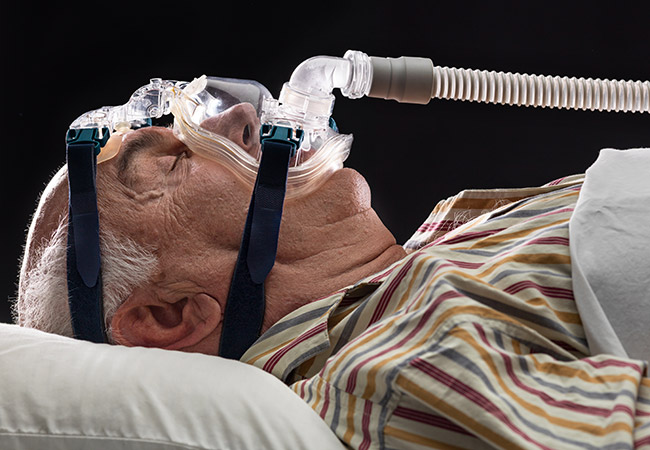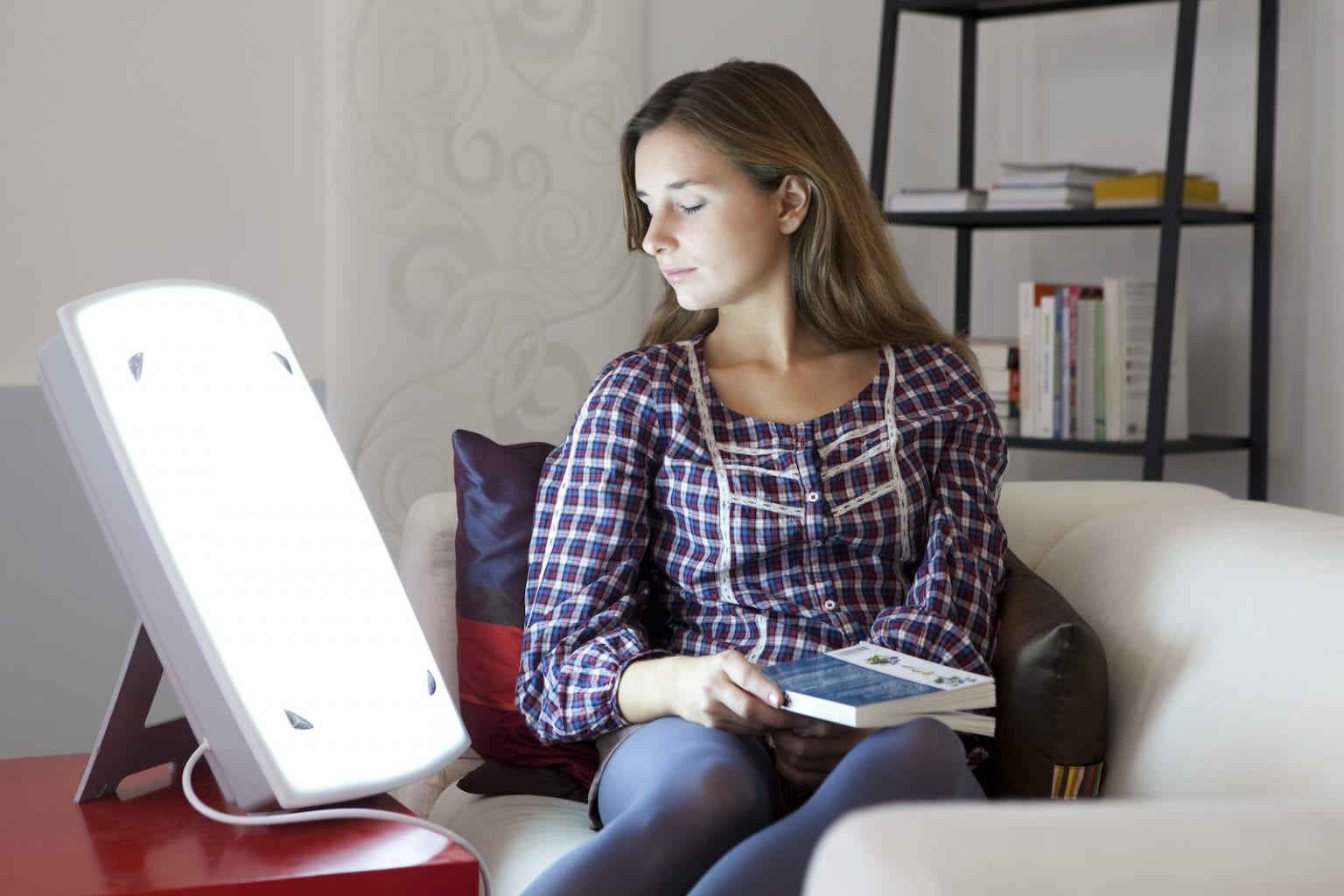Reliable Treatment Solutions for Handling Sleep Disorders and Enhancing Restful Sleep
In the realm of medical care, the management of rest conditions and the mission for relaxing sleep are essential parts of overall health. As we browse the intricate landscape of sleep problems and seek to improve our rest experience, a deeper understanding of these therapy services might hold the key to unlocking an extra relaxing and fulfilling restorative trip.
Cognitive Behavior Modification for Sleep Problems (CBT-I)
Cognitive Behavior Modification for Sleeping Disorders (CBT-I) is a structured, evidence-based treatment strategy that concentrates on attending to the underlying factors adding to rest disruptions. This kind of therapy intends to change actions and thoughts that worsen sleeplessness, eventually promoting healthy rest patterns. CBT-I commonly involves several vital components, consisting of cognitive therapy, rest limitation, stimulus control, and rest health education and learning.
Cognitive treatment helps individuals identify and alter adverse thought patterns and beliefs regarding rest that may be impeding their capacity to drop or remain asleep. Rest restriction entails limiting the amount of time spent in bed to match the person's actual sleep duration, therefore increasing sleep performance (sleep therapy). Stimulus control techniques assist establish a solid organization in between the bed and rest by urging individuals to go to bed only when drowsy and to prevent taking part in stimulating activities in bed
Additionally, sleep hygiene education and learning concentrates on developing healthy and balanced rest routines, such as preserving a constant rest routine, creating a relaxing going to bed routine, and enhancing the sleep atmosphere. By addressing these elements comprehensively, CBT-I provides an efficient non-pharmacological intervention for taking care of sleeplessness and enhancing overall rest high quality.
Sleep Hygiene Practices
Having actually developed the structure of cognitive restructuring and behavior alterations in resolving sleep problems via Cognitive Behavior modification for Sleeping Disorders (CBT-I), the focus currently changes in the direction of exploring vital Rest Hygiene Practices for maintaining ideal sleep quality and general health.
Rest hygiene practices include a variety of behaviors and ecological variables that can substantially affect one's capability to go to sleep and remain asleep throughout the night. Regular sleep and wake times, creating a relaxing going to bed routine, and enhancing the rest environment by maintaining it dark, quiet, and cool are important elements of great rest hygiene. Limiting exposure to displays before bedtime, staying clear of stimulants like caffeine near going to bed, and participating in normal exercise throughout the day can also advertise far better sleep top quality.
Furthermore, practicing relaxation methods such as deep breathing exercises or reflection before bed can assist relax the mind and prepare the body for rest. By incorporating these rest health techniques right into one's daily routine, individuals can establish a healthy sleep pattern that sustains relaxed rest and overall wellness.
Leisure Strategies and Mindfulness
Applying relaxation techniques and mindfulness practices can play an essential function in fostering a sense of calmness and promoting top quality rest. Additionally, led images can aid carry individuals to a calm place in their minds, helping in stress and anxiety reduction and enhancing rest high quality.
Mindfulness techniques, such as meditation and yoga exercise, are also reliable in promoting leisure and boosting rest. Mindfulness encourages individuals to stay present in the minute, releasing fret about the past or future. By integrating these methods into a going to bed routine, people can signal to their bodies that it is time to loosen up and prepare for sleep. In general, integrating relaxation methods and mindfulness practices can significantly add to taking care of rest problems and enhancing total rest quality.

Medicine Options for Sleep Disorders
After checking out leisure methods and mindfulness practices as non-pharmacological interventions for improving sleep quality, it is important to consider medication options for individuals with sleep disorders. In cases where way of living changes and therapy do not provide adequate relief, medication can be an important tool in handling rest disturbances.
Commonly recommended drugs for sleep disorders consist of benzodiazepines, non-benzodiazepine hypnotics, antidepressants, and melatonin receptor agonists. Benzodiazepines, such as diazepam, are sedatives that can help cause rest, however they are generally suggested for short-term use because of the threat of dependancy. Non-benzodiazepine hypnotics like zolpidem are also made use of to deal with sleeplessness and have a lower threat of dependancy contrasted to benzodiazepines. Antidepressants, such as trazodone, can be advantageous for individuals with co-occurring anxiety and rest disruptions. Melatonin receptor agonists, like ramelteon, target the body's natural sleep-wake cycle and can be useful for managing rest patterns.
It is vital for people to consult with a doctor to establish one of the most proper medicine option based on their specific sleep disorder and case history.
Light Therapy for Circadian Rhythm Regulation
Light treatment, also referred to as photo-therapy, is a non-invasive therapy approach utilized to click for more info control body clocks and enhance sleep-wake cycles. This therapy entails direct exposure to bright light that imitates natural sunlight, which helps to reset the body's inner clock. By exposing individuals to details wavelengths of light, normally in the morning or evening relying on the desired result, light therapy can successfully change the body clock to advertise wakefulness during the day and enhance restful rest at night.
Research study has revealed that light treatment can be specifically useful for individuals with body sleep behavior clock problems, such as postponed rest phase syndrome or jet lag. It can additionally be valuable for those experiencing seasonal depression (SAD), a kind of depression that commonly takes place throughout the winter season months when all-natural light direct exposure is reduced. Light therapy is typically well-tolerated and can be made use of combined with other treatment methods for rest problems to maximize results and enhance total sleep top quality.
Conclusion
Finally, efficient therapy options for taking care of rest problems and boosting restful rest include Cognitive Behavioral Treatment for Sleep Problems (CBT-I), rest health techniques, leisure techniques and mindfulness, medication alternatives, and light treatment for body clock policy. These strategies can aid individuals improve their rest top quality and general well-being. It is crucial to speak with a medical care copyright to identify the most suitable strategy for dealing with rest problems.
As we navigate the intricate landscape of rest conditions and seek to enhance our sleep experience, a much deeper understanding of these treatment solutions might hold the trick to unlocking a much more rejuvenating and meeting corrective journey.
Sleep restriction includes restricting the amount of time invested in bed to match the person's actual sleep duration, thereby boosting rest performance. Regular rest and wake times, developing a relaxing going to bed regimen, and optimizing the rest atmosphere by keeping it dark, silent, and cool are vital parts of good sleep health. Light treatment is normally well-tolerated and can be made use of in combination with other therapy methods for rest problems to optimize end results and enhance general rest high quality.
